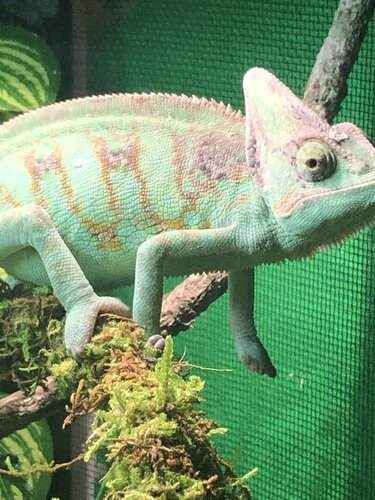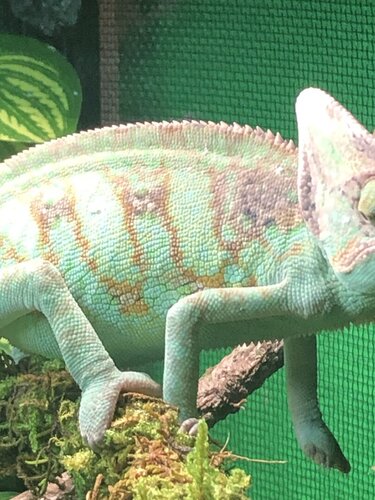Gianmarco_Red
Member
So today I saw my little guy sleeping and thought nothing of it, sprayed for a while then put crickets for him to find. I come back home and he’s still sleeping, I saw black spots around him and freaked out, thought he died... i poked him softly a bit.. and nothing, but luckily he didn’t die. I grabbed the little guy to check up on him and he hissed at me and I put him back. Hopefully it wasn’t to stressful for him. But I still worry for those spots. I’ll show pictures of them now.
thank you!
thank you!





